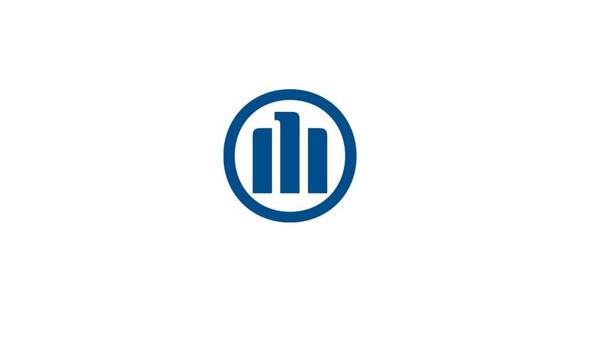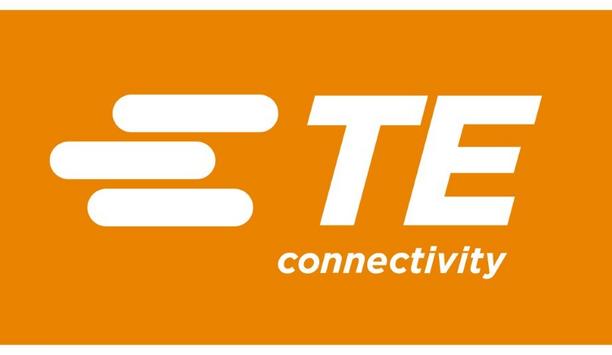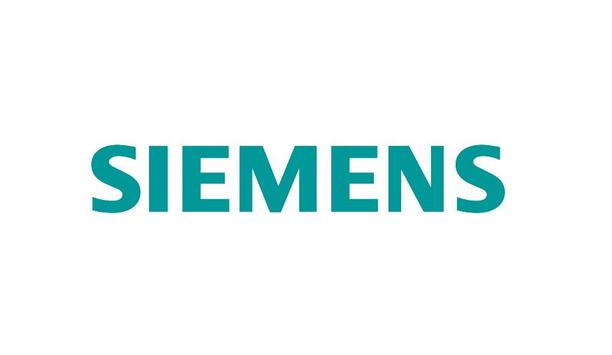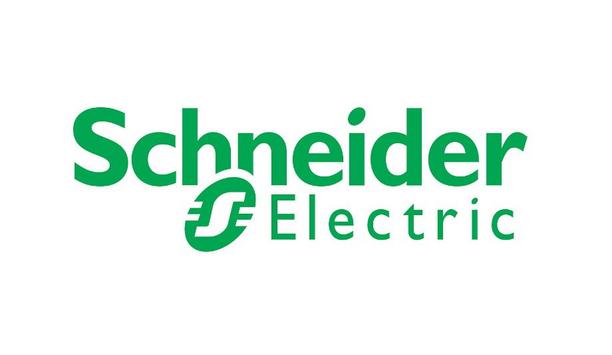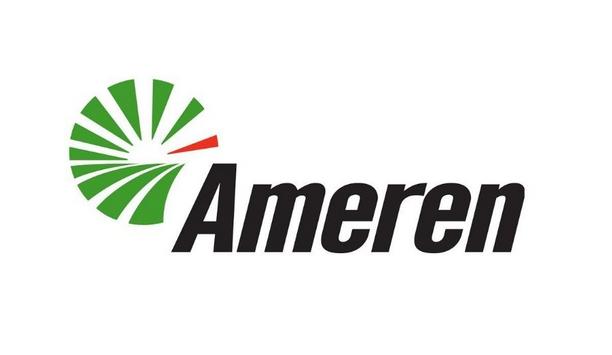In late August, after Russia announced it would shut down the Nord Stream 1 pipeline for repairs, gas prices at the Dutch TTF trading point, the European benchmark, reached €339 euros per megawatt hour. This was 140% higher than the week before and an 848% increase in prices in August 2021, where they sat at around €40/MWh.
Such staggering price hikes have had a huge impact on consumers. Rising energy prices in the UK have contributed to the biggest drop in living standards in at least a century. The heat is also being felt by energy providers. After Russia cut off the pipeline for 10 days in July, the German government had to bail out its largest provider of Russian gas, Uniper, by buying 30% of the company. To offset such costs, the government set a gas levy forcing the average four-person household to pay an extra €480 per year.
How do they remove Themselves from this vicious cycle?
Gas supply won’t become steady and prices are not expected to settle any time soon
Drastically reducing gas consumption is the only way to ease the burden on consumers, energy providers, and governments. The urgency to increase the portion of renewables in heating (last year just 14%) is now vital on environmental, societal, and economic fronts.
Setting limits on heating temperatures and minimizing warm water in public places may be effective short-term measures to ensure gas supply for the coming winter. These are, however, not long-term solutions. Gas supply won’t become steady and prices are not expected to settle any time soon. The answer lies in urgently electrifying the heating sector and building up renewables.
Heat pumps to the rescue
Heat pumps can provide households with space heating and cooling as well as hot water using green electricity. Compared with gas heating, this technology is two to four times more efficient. The widespread introduction of heat pumps alone could reduce emissions from buildings by up to 50 percent. The German government is even planning a complete ban on new gas heating systems from 2024 and to have six million heat pumps installed by 2030 - just 150,000 were installed in 2021.
The heat pump subsidy recently rose to 30% and gas boilers will be restricted from 2026
Germany is not alone in these ambitious goals. The UK began providing a £5,000 subsidy for heat pumps in July this year and will restrict gas boilers from 2025. In France, the heat pump subsidy recently rose to 30% and gas boilers will be restricted from 2026. Italy has also extended its 110% fiscal break for building renovations that include things like PV and heat pumps. Essentially, all countries have realized the value of heat pumps. The next step is to enable their implementation.
Enabling the widespread adoption of heat pumps
This is no easy task. There are a number of challenges the industry faces in installing such significant numbers of heat pumps.
1. Expensive installation → long-term value
Upfront costs for installing heat pumps are higher in comparison to gas heating systems, which can act as a deterrent for some users. However, with a range of subsidies, lower prices and the ability to become self-sufficient, the investment quickly pays for itself. For example, if a single-family home in Germany installs an air-source heat pump and a PV system, the total costs (including installation and operation) over 10 years are about 12% less than those of a gas heating system. Over 20 years, the cost advantage even increases to 40%. Combined with intelligent and holistic control of the heat pump together with other devices through the XENON platform, annual energy costs can be reduced by a further 7%.
Combined with intelligent and holistic control of the heat pump together with other devices
The inertia of the heating market - once installed, heating systems run for a long time - means that people, companies and industry must decide now whether they want to choose a clean, future-oriented technology that will be a more cost-effective decision over time. The government can further encourage the switch to carbon-neutral heating by increasing the CO2 price in the coming years. In fact, a study by the University of Stuttgart found that the price would need to rise from €25/ton in 2021 to €275-355/ton by 2025 to achieve the targeted reductions in the heating sector - a huge incentive for already overburdened gas-payers to make the switch.
2. Expert shortages and supply challenges → space for innovation and collaboration
The heat pump sector is facing shortages in skilled workers, such as installers. This highlights the urgent need to train and reeducate experts to adapt to changing industry needs. To overcome supply chain shortages, industry stakeholders must also work together to find novel solutions and focus on innovation and/or redesign. For example, bundling solutions, combining hardware with platforms to enable lower costs and looking to new energy services are key.
3. Heat pump integration and control
"In this unstable environment, any player that doesn’t switch its focus to self-sufficient, smart and integrated energy solutions likely won’t survive.”
They also have limited flexibility during operation time, with a maximum of two or three interruptions
Controlling heat pumps is highly complex. For example, direct or dynamic power control is not usually available. They also have limited flexibility during operation time, with a maximum of two or three interruptions in a one-hour period. Because there are different kinds of heat pumps – namely air and water heat pumps – their control has different configurations, making them dependent on either outdoor temperatures or on thermostats. Such complexity necessitates sophisticated solutions that can optimize energy flows of heat pumps, while also taking other requirements or devices into account.
Visualization of heating-related values
Integrating heat pumps with solar panels and the power grid makes their operation much more cost-efficient and sustainable. Innovative functions, such as automatic shifting of the heat pump load in times of PV surplus or low electricity tariffs enable cost savings for both providers and end users.
Heat pump control based on external inputs from grid operators will reduce the pressure
gridX is a pioneer in the development of such solutions. gridX is also working on future-oriented capabilities, such as the visualization of heating-related values (temperature and heat flow) and thermal data, which will become particularly interesting for holistic heat pump control in smart districts. On top of this, heat pump control based on external inputs from grid operators will reduce pressure on grids and lower costs for ancillary services, while enabling faster scaling of these clean heating devices.
Adopt new technologies
According to Till Sonnen, Business Development Manager at gridX, “The heating transition requires consumers, businesses and governments to rapidly innovate and adopt new technologies. Only if we act swiftly and collaboratively now can we secure a clean, cost-effective heating future that is protected against price volatility."
"The very foundation of the heating industry is being pulled out from underneath it and in this unstable environment, any player that doesn’t switch its focus to self-sufficient, smart and integrated energy solutions likely won’t survive.”


